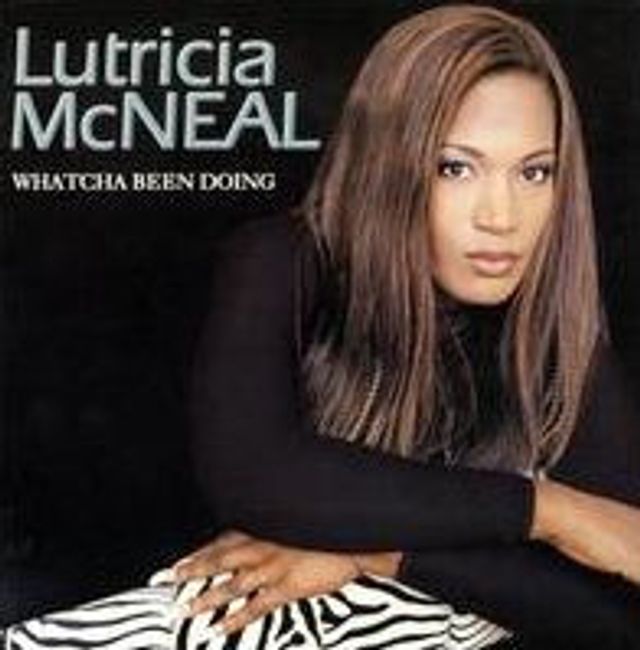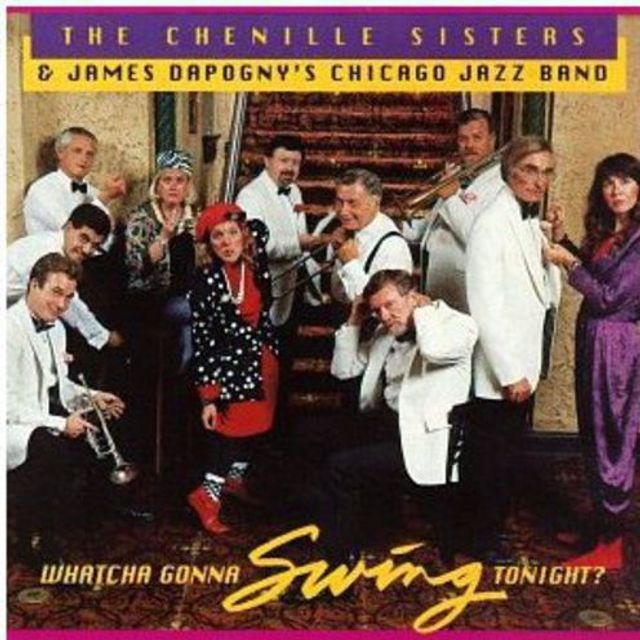Home
Whatcha See Is Whatcha Get
Barnes and Noble
Whatcha See Is Whatcha Get
Current price: $12.99


Barnes and Noble
Whatcha See Is Whatcha Get
Current price: $12.99
Size: OS
Loading Inventory...
*Product information may vary - to confirm product availability, pricing, shipping and return information please contact Barnes and Noble
The Dramatics
had been around in one form or another for nine years before the members got to release their first LP, and the result was a pair of breakthrough hits over the spring and summer of 1971, beginning with the title track, a Top Ten single that boasted not only extraordinary singing from bass to falsetto, but a soaring, punchy horn arrangement and some of the best fuzztone guitar heard on a hit record since the
Rolling Stones
' "Satisfaction." The Afro-Cuban-flavored "Get Up and Get Down" followed it into the R&B Top 20, and the
Whatcha See Is Whatcha Get
album followed them both. It was the third hit off of the album, "In the Rain," a delicate ballad that was issued separately as a single in early 1972, topping the R&B charts and reaching number five on the pop charts, that solidified the group's reputation and elevated them to the front rank of '70s soul acts. The album showcased the group equally well doing uptempo dance numbers ("Mary Don't Cha Wanna") and ballads ("Thank You for Your Love," "Fall in Love, Lady Love"), melding very attractive vocals to arrangements that instantly grabbed the listener, all of it pulled together by songwriter/producer
Tony Hester
. Even the lesser material, such as "Gimme Some (Good Soul Music)" -- on which
Hester
knew that one-minute-and-34-seconds was all that was needed to make its point -- were so attractive and rousing that they easily carried their portion of the album, whose short running time was its only flaw. All of the members, from
Willie Ford
's powerful bass to
Ron Banks
' airy falsetto, were presented to best advantage, but none more so than
William "Wee Gee" Howard
's lead vocals; ironically, this would be
Howard
's only completed album with the group, and their only album for two years to come because of the accompanying personnel problems. Still, it's a match for any soul album of its era. [In 2001, the album was reissued with the addition of all of 1973's album
A Dramatic Experience
.] ~ Bruce Eder
had been around in one form or another for nine years before the members got to release their first LP, and the result was a pair of breakthrough hits over the spring and summer of 1971, beginning with the title track, a Top Ten single that boasted not only extraordinary singing from bass to falsetto, but a soaring, punchy horn arrangement and some of the best fuzztone guitar heard on a hit record since the
Rolling Stones
' "Satisfaction." The Afro-Cuban-flavored "Get Up and Get Down" followed it into the R&B Top 20, and the
Whatcha See Is Whatcha Get
album followed them both. It was the third hit off of the album, "In the Rain," a delicate ballad that was issued separately as a single in early 1972, topping the R&B charts and reaching number five on the pop charts, that solidified the group's reputation and elevated them to the front rank of '70s soul acts. The album showcased the group equally well doing uptempo dance numbers ("Mary Don't Cha Wanna") and ballads ("Thank You for Your Love," "Fall in Love, Lady Love"), melding very attractive vocals to arrangements that instantly grabbed the listener, all of it pulled together by songwriter/producer
Tony Hester
. Even the lesser material, such as "Gimme Some (Good Soul Music)" -- on which
Hester
knew that one-minute-and-34-seconds was all that was needed to make its point -- were so attractive and rousing that they easily carried their portion of the album, whose short running time was its only flaw. All of the members, from
Willie Ford
's powerful bass to
Ron Banks
' airy falsetto, were presented to best advantage, but none more so than
William "Wee Gee" Howard
's lead vocals; ironically, this would be
Howard
's only completed album with the group, and their only album for two years to come because of the accompanying personnel problems. Still, it's a match for any soul album of its era. [In 2001, the album was reissued with the addition of all of 1973's album
A Dramatic Experience
.] ~ Bruce Eder


















